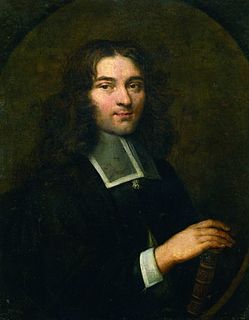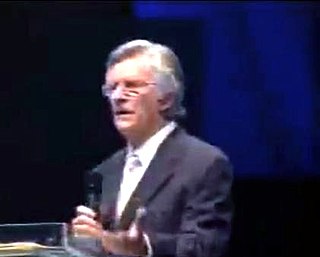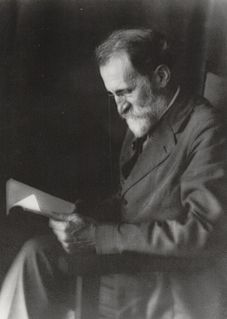A Quote by Johann Wolfgang von Goethe
The history of mankind is his character.
Quote Topics
Related Quotes
One of the outstanding ironies of history is the utter disregard of ranks and titles in the final judgments men pass on each other. The final estimate of men shows that history cares not an iota for the rank or title a man has borne, or the office he has held, but only the quality of his deeds and the character of his mind and heart.
For many people during many centuries, mankind's history before the coming of Christianity was the history of the Jews and what they recounted of the history of others. Both were written down in the books called the Old Testament, [the Torah] the sacred writings of the Jewish people ... They were the first to arrive at an abstract notion of God and to forbid his representation by images. No other people has produced a greater historical impact from such comparatively insignificant origins and resources.





































